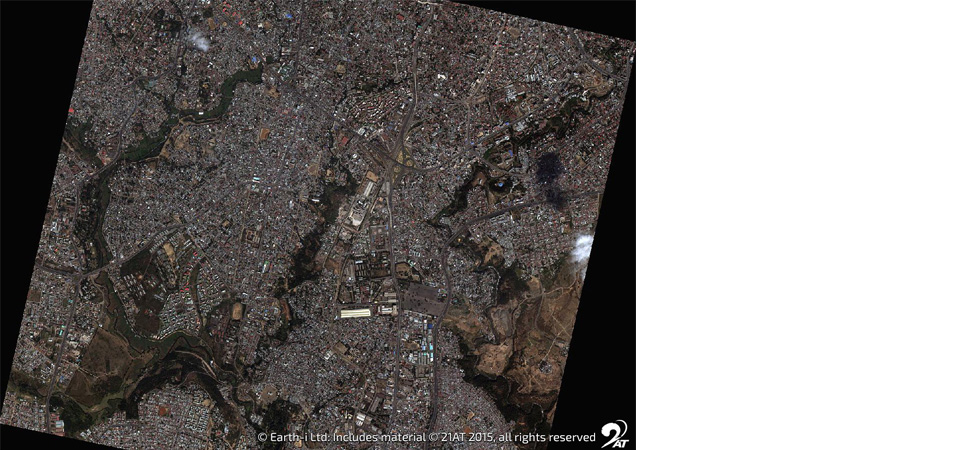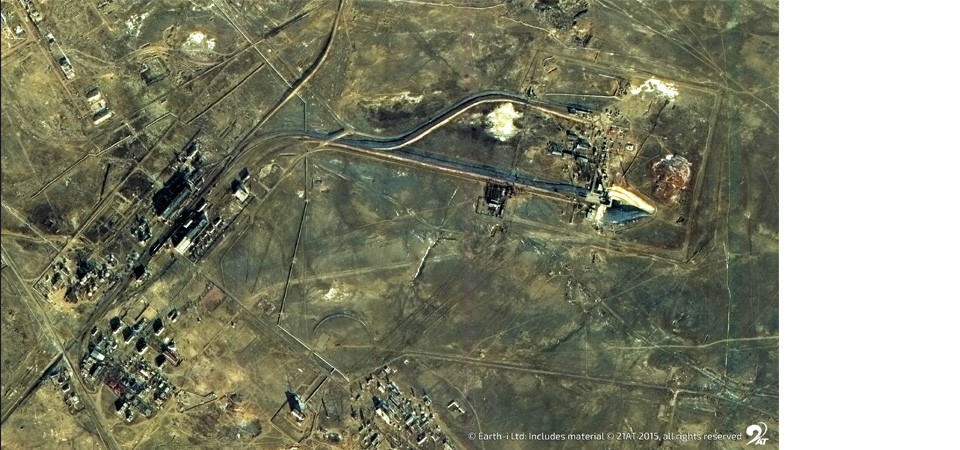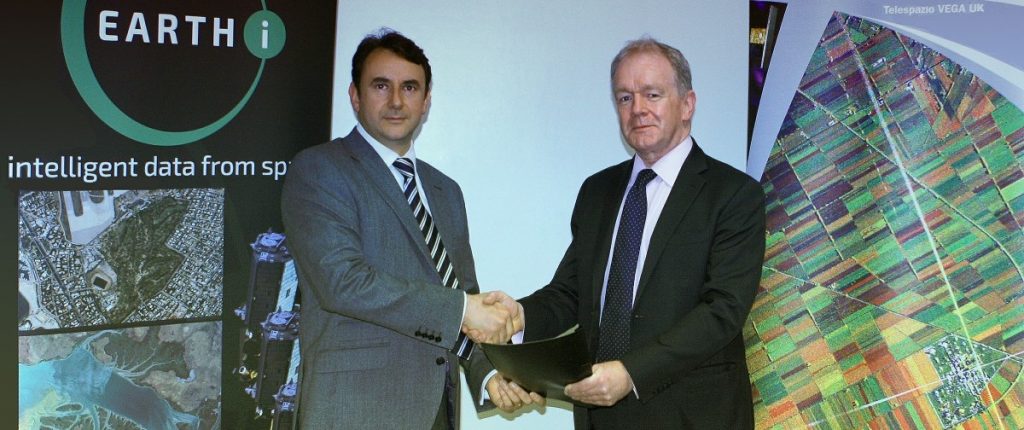Coffee exports are hugely important for the Kenyan economy. It is estimated that there are over 700,000 smallholder coffee farmers in the country, as well as around 3,000 large estate farms. Kenya is renowned for high quality Arabica coffee, and despite producing less coffee per year than its peak in the 1990s, it maintains its position as one of the key pillars of the country’s economic wellbeing.
Crucial to coffee production in Kenya is the agronomist; a highly-skilled professional with a wealth of farming experience under their belt, knowing their local environment like they know the back of their own hand. Agronomists are a hugely valuable resource, travelling farm-to-farm, offering advice and guidance to coffee producers organised in farmer groups or farmer cooperative societies, and supporting them with all aspects of the farming process.
Arabica plants require more careful crop management compared to Robusta plants, but this care is rewarded with a fine tasting coffee; with Robusta generally considered as producing coffee with a more bitter taste. This care involves the applications of ‘inputs’, such as pesticides, fungicides, and fertiliser, as well as mulching – a process involving a layer of organic or inorganic material which helps plants retain moisture and nurture the soil.
Timeliness underpins the effectiveness of the application of these inputs, and this is where agronomists, equipped with their own experience and knowledge, can benefit farmers. They advise, for example, the optimal time to apply pesticides, as well as the ‘how to’ – protecting the crop from pests only when the weather conditions make pests likely. This is cost effective, minimising the expense of pesticides, and environmentally friendly, given that there are associated risks with the misuse of pesticides in an agricultural setting.
However, climate change is introducing unpredictability into local weather patterns and increasing the likelihood of extreme weather events, making accurate local weather forecasting even more difficult. The tried-and-tested methods of agronomists may be less effective given these new challenges, but technology can be the solution.
Patrick Ndua, from Coffee Management Services (CMS), said:
“Coffee production activities are very much reliant on weather patterns. Climate change has a great effect on normal weather patterns hence substantially affects planning out of coffee production activities. Among the major coffee production activities is agro-input application.”
ACCORD equips agronomists with satellite-enabled technology and data analytics, helping them to predict weather patterns more effectively, and counter the unpredictability that has been introduced by climate change. It uses a combination of satellite-based health analysis of fields and highly-accurate and localised weather forecasting to determine precisely the right time to apply inputs to the coffee crop and undertake other crop management interventions. Agronomists use this information, in combination with their own knowledge and experience, to help farmers in Africa improve the prospects of producing a large yield of high-quality coffee. Agronomists offer the farmer support services including training, crop inspections, setting up demonstration plots and through regular farm visits.
Better crop management decisions result in higher volume, high-quality coffee cherries, improving the incomes of coffee farmers, and ensuring that they continue to be able to access the specialty coffee market, where each bag of coffee typically commands a higher price. Equipping agronomists with technology like ACCORD supports the coffee supply chain at the consumer level, providing reliable quality and supply, as well as supporting long term sustainability.
Patrick Ndua again: “CMS has seen value in ACCORD service as a timely and precise farmer extension and GAP training platform which also informs farmers on daily / weekly weather patterns hence making farmers more resilient to the effects of climate change. CMS agronomists are on the ground to support coffee farmers. There is evidence of increased yield and quality.”
Furthermore, agronomists are often responsible for a large number of farms within a cooperative society; they are an extremely valuable resource, spread thinly across a large area. Understanding the needs and demands of so many different producers is challenging, especially when some agronomists may be responsible for supporting all of the farmers in a single cooperative.
Agribusinesses like CMS, who provide farmer extension services, can use ACCORD for more effective deployment of their teams of agronomists over a large area from which they source coffee cherries from farmers. This enables them to see where the advice and guidance of agronomists will have the greatest impact, and allow farmer cooperatives and societies to make the most of the agronomist support.
Efficient and effective utilisation of agronomists, and the crucial skills and experience that they bring to smallholder and estate coffee farming, will in turn support a cornerstone of the economy in coffee-producing countries such as Kenya. This technology is not replacing highly-skilled individuals in the coffee ecosystem, but upskilling them, and enabling them to deliver their service more effectively within their local area, to a large number of farmers relying on their support.
To find out more, visit www.earthi.space/accord.
To download the new brochure, visit: content.earthi.space.
Earth Observation specialist brings over 25 years technology and applications experience to company offering daily high-resolution imaging and data…







